

Guitar Hero has been so massively successful for one reason - it's an excellent guitar-playing simulator with classic video game trappings. Guitar Hero: On Tour can't possibly ship with a fake guitar, so it can only simulate Guitar Hero gameplay, not the just-real-enough rock experience. In the transition to DS, it's lost the party game vibe, the friendly humiliation of poorly playing a song you love, even the quasi-pride you get when five starring every song on expert. In those games, for brief moments you feel like you can actually shred out "Enter Sandman" on a real guitar.
None of that is present here. You're left with a clever, technically impressive title that strains your hands and neck after prolonged play - not things you'd want attributed to a game trying to make you feel like the biggest rock god on the bus, train or study hall. It basically works the same, with surprisingly crisp audio from 25 well-known songs. The notes slide from the top, you hold the fret buttons on the bulky attachment and strum with the stylus as you might on a real six string - if it were made of touch screens and plastic.
Hammer-ons and pull-offs function fine, but we did have several moments of "um, I did that right" when it came to strumming left and right for long, repeated notes (the equivalent of strumming up and down on the plastic guitars). Sometimes it'd work flawlessly; others we'd randomly hear the "skirch!" noise, claiming we missed a note when we're 100% certain we didn't. Maybe it's just us getting used to the setup, but rest assured there are sections you'll miss that you know you would have aced on any of the other four Guitar Hero games. There also seem to be more menus and unnecessary navigation in this version than the earlier games, doubly strange because this is supposed to be portable and quicker than the others.
The Guitar Grip add-on doohickey slips out of the GBA slot a little too easily. Imagine you're three minutes into a track and it slides out of contact with the hardware, interrupting the game with a message to reconnect the device and turn the game off. Turn it OFF, lose that progress. Normally if a controller runs out of batteries or is unplugged, all you have to do is reconnect it - now you're forced out of the game entirely. Given the unique and frankly impressive nature of the add-on, this is probably an unavoidable side effect and not anyone's direct fault. Doesn't mean it's easy to overlook.
These mildly irksome problems add to a deeper concern - there's no sense of stardom, no wish fulfillment, just a series of colored notes that you have to hit. It dawned on us that 2003's Amplitude (and prequel Frequency, both by Harmonix) were just that and hugely fun, so why can't a scaled-back Guitar Hero be enjoyed in the same fashion? Well, because Amplitude never aspired to deliver a semi-realistic experience; it was merely an addictive, speedy puzzle game with a fantastic soundtrack. You were master of all sounds, from vocals to synth to guitars to drums to sound effects. Guitar Hero, on the other hand, hinges on the first word in its title (hint: guitar) and scratching a touch screen a thousand times is the furthest thing from rock and roll we can think of.
Ultimately, this is the real issue - Guitar Hero, in its present state, isn't meant for handhelds in the same way DDR doesn't work with a weird mini dance mat for your fingers. It needs to be totally re-imagined as something that fit the DDR brand but had its own identity for handhelds, maybe an Elite Beat Agents type of game with customizable dancers. Similarly, Guitar Hero needs a different approach on DS (or PSP), as simply trying to shrink the presentation and gameplay of the console version isn't enough. Then consider that more people own PS2s than DS and Wii combined, so millions more already have access to four other (better) Guitar Hero games that deliver a more rewarding, tactile sensation.
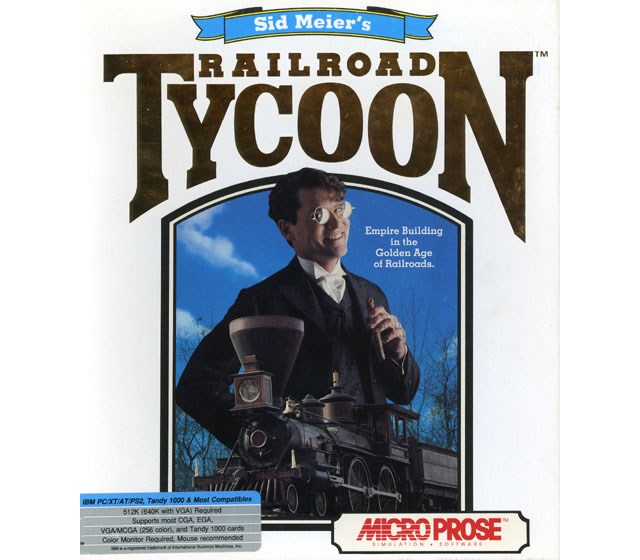
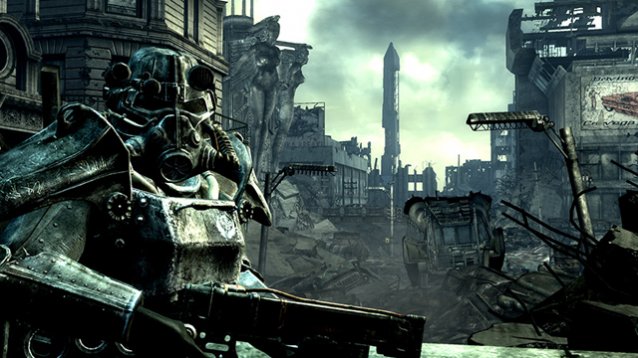
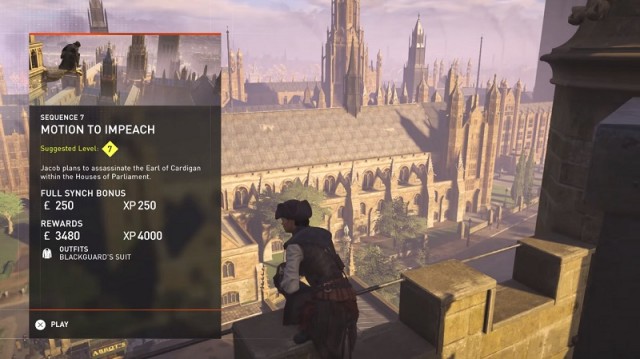
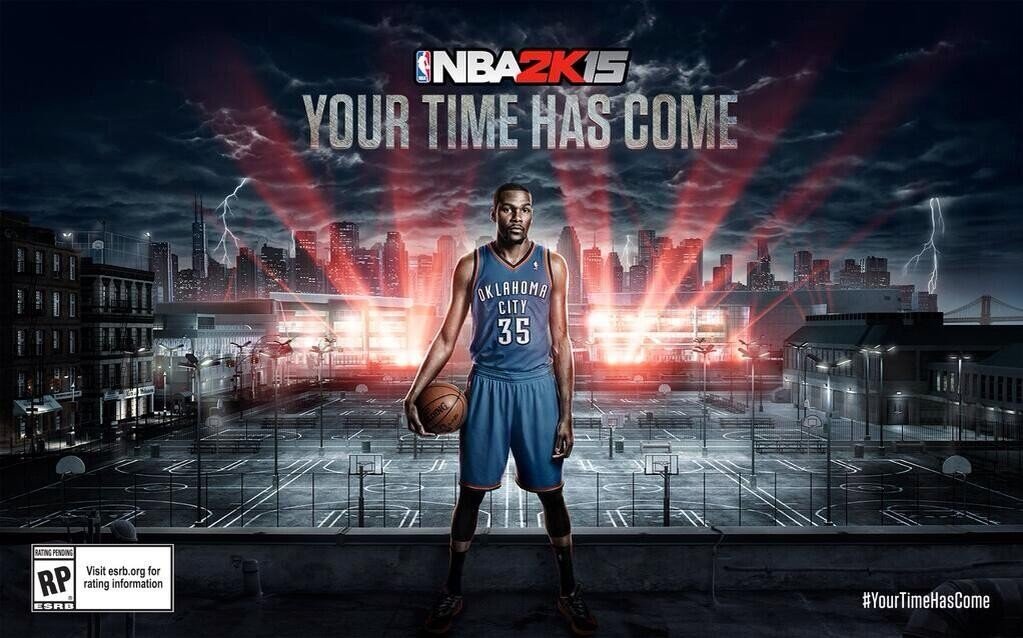
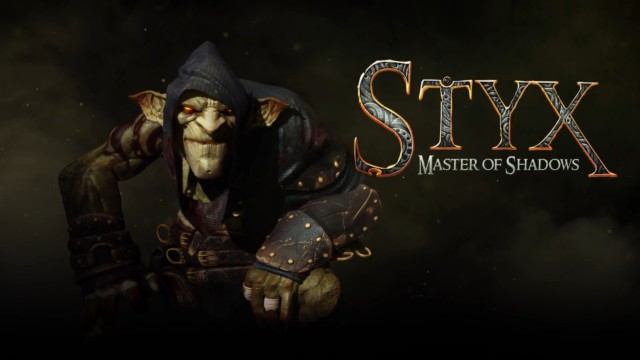 How to fix Styx: Master of Shadows Graphic, Gamepad issues Subtitles issues and low FPS for PC, PS4 and Xbox One
How to fix Styx: Master of Shadows Graphic, Gamepad issues Subtitles issues and low FPS for PC, PS4 and Xbox One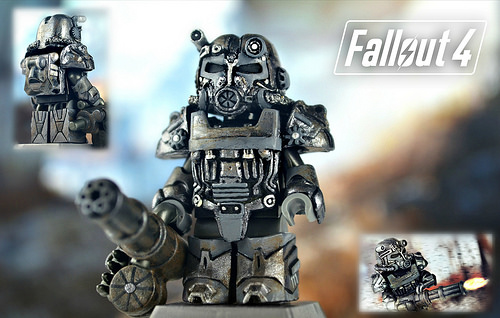 Fallout 4: Where To Find Legendary Power Armor Chest, Location and Stats Revealed
Fallout 4: Where To Find Legendary Power Armor Chest, Location and Stats Revealed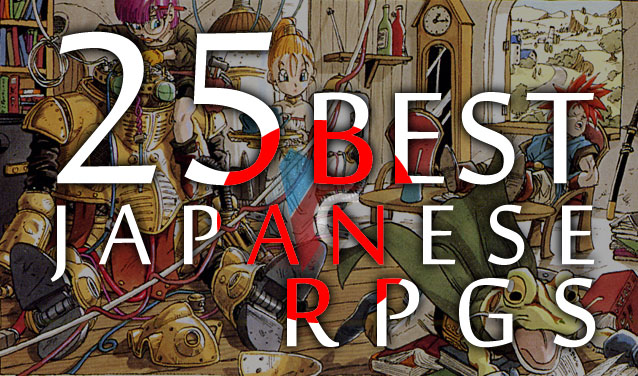 Top 25 Best Japanese RPGs of All Time
Top 25 Best Japanese RPGs of All Time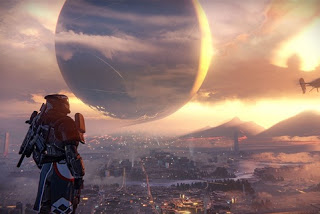 Destiny: learn to earn foreign currencies in the game
Destiny: learn to earn foreign currencies in the game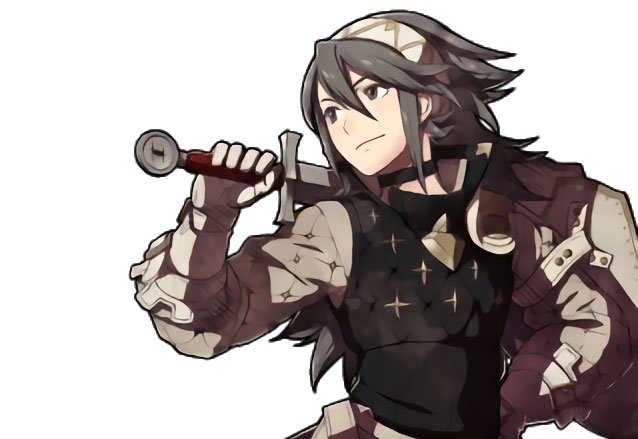 Manufactured Controversy: Whats Fire Emblem Have to do with Gay Conversion Therapy?
Manufactured Controversy: Whats Fire Emblem Have to do with Gay Conversion Therapy?